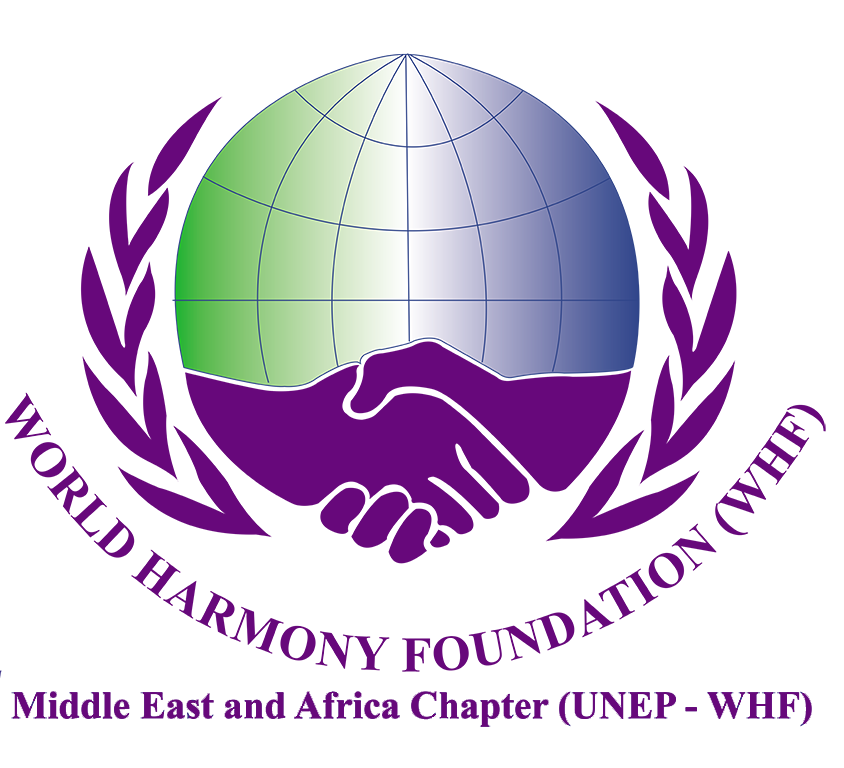Together we can make a Difference in Women’s Lives
After the research made with our team, we identified that menstruation has fueled school dropouts among girls in
developing countries and also poor performance in class due to the days missed without
attending school during
their monthly periods.
Some of these girls have gone through disastrous experiences when that time of the month comes, they accepted to share their experiences. However,
their photos and full names were withheld to avoid being stigmatized.
Her club is a feminine based community initiative that started operation with the purpose of touching the lives of every girl in Africa and Asia experience safe, hygienic, and without any fear of embarrassments
during their menstrual periods, with a purpose of touching lives of every girl in Africa and the world be able to experience safe, hygienic days, and without any fear of embarrassments during their menstrual
periods.
Menstruation is a phenomenon unique to females. The onset of menstruation is one of the most important changes occurring among girls during the adolescent years. The first menstruation (menarche)
occurs between 11 and 15 years. Adolescent girls constitute a vulnerable group, particularly in Africa and Asia a where a female child is neglected.
Menstruation is still regarded as something unclean
or dirty in African society. The reaction to menstruation depends upon awareness and knowledge about the subject.
The manner in which a girl learns about menstruation and its associated changes may
have an impact on her response to the event of menarche. Although menstruation is a natural process, it is linked with several misconceptions and practices, which sometimes result in adverse health outcomes.
Hygiene-related practices of women during menstruation are of considerable importance, as it has a health impact in terms of increased vulnerability to reproductive tract infections (RTI). The interplay
of socio-economic status, menstrual hygiene practices, and infections are noticeable. Today millions of women are sufferers of infections and their complications. The infection is transmitted to the
offspring of the pregnant mother.
Girls having better knowledge regarding menstrual hygiene and safe practices are less vulnerable to infections and their consequences. Therefore, increased knowledge about menstruation right from
childhood may escalate safe practices and may help in mitigating the suffering of millions of women and these are some of the challenges Her club is addressing together with your help and assistance.
Reproductive tract infections, which have become a silent epidemic that devastates women’s life is closely interrelated with poor menstrual hygiene. Therefore, proper menstrual hygiene and correct
perceptions and beliefs can protect the womenfolk from this suffering. Before bringing any change in menstrual practices, the girls should be educated about the facts of menstruation, physiological implications,
the significance of menstruation and development of secondary sexual characteristics, and above all, about proper hygienic practices with a selection of disposable sanitary menstrual absorbents. This
can be achieved through educational television programs, school nurses/health personnel, compulsory sex education in the school curriculum, and knowledgeable parents so that she received education would
indirectly wipe away the age-old wrong ideas and make her feel free to discuss menstrual matters including cleaner practices without any hesitation.

